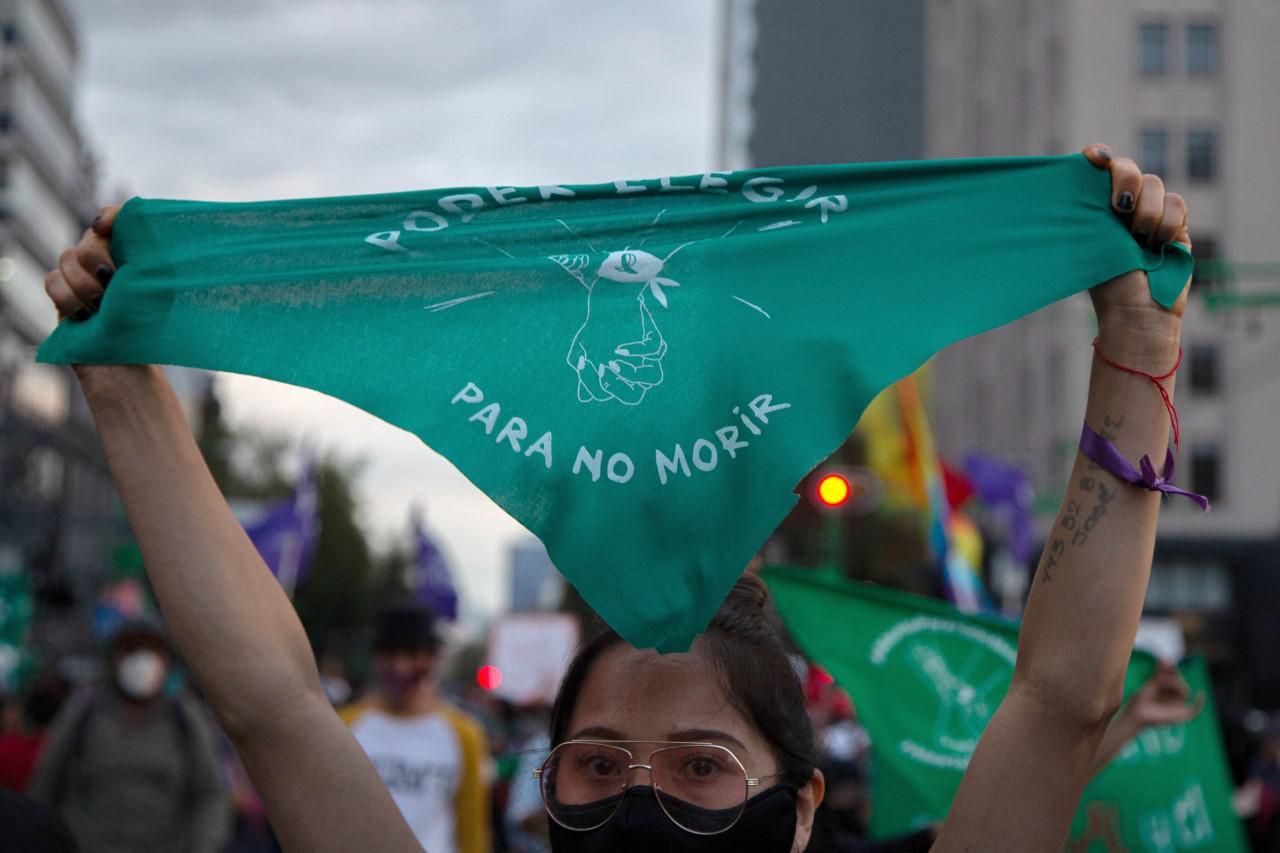News
January 11, 2021
48: Support for decriminalizing abortion in Mexico rose 11 points in 2020, reaching 48 percent of those polled in the the majority Catholic country. At the moment, elective abortion is legal only in Oaxaca state and Mexico City. Just weeks ago, Argentina became the first large country in Latin America to legalize abortion.
800: Israel has announced the planned construction of around 800 new Jewish settlements in the occupied West Bank. The move may strain ties with the incoming Biden administration in the US, but Prime Minister Benjamin Netanyahu hopes it'll gain him right-wing support ahead of the crucial March election.
4: Saudi authorities have banned 4 episodes of a controversial new television series called "Dhahaya Halal" (Halal Victims), over its portrayal of a marriage between a woman and a 15-year old boy. Cancelling the series — which was carried by MBC, the Arab world's largest media conglomerate — throws a fresh light on the contentious process of social liberalization that the Saudi government has embarked on in recent years.
71: Kazakhstan's ruling Nur Otan party, headed by "strongman emeritus" Nusrultan Nazarbayev, took a whopping 71 percent of the vote in legislative elections over the weekend. Hardly surprising, given that no opposition parties participated in the vote, which the Organization for Security and Cooperation in Europe said wasn't free nor fair.More For You
- YouTube
It's one of the few sources Americans across the political spectrum still rely on.
Most Popular
Think you know what's going on around the world? Here's your chance to prove it.
America’s new National Security Strategy confirms what Europeans have feared for months: Washington now sees a strong, unified European Union as a problem to be solved, not an ally to be supported.
Sports inspire greatness, determination, and resilience — both on and off the field. Bank of America is proud to celebrate the achievements of and uplift communities through the power of sports. Learn more about how Bank of America supports athletes in life and in the game.
© 2025 GZERO Media. All Rights Reserved | A Eurasia Group media company.
